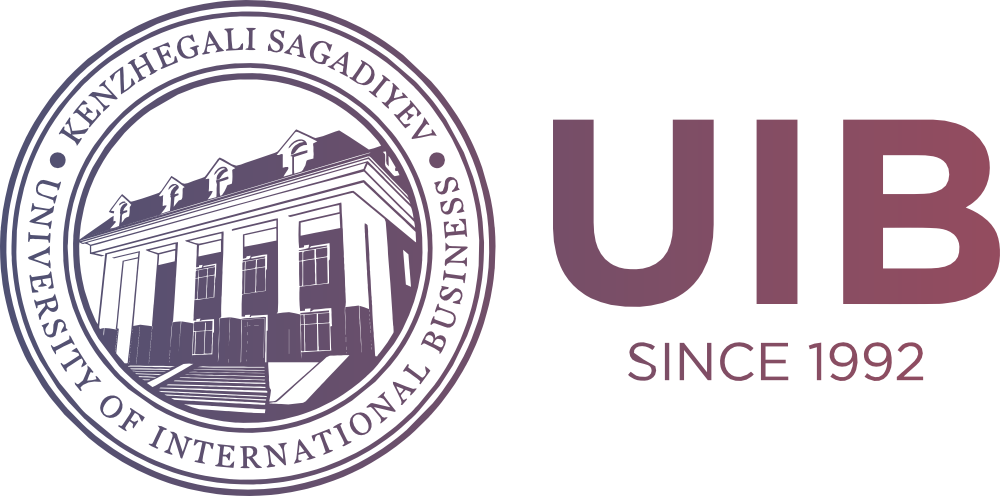Introduction to Human Capital Investigation in Kazakhstan. Designing Courses to Teach School Children to the Self-Learning Skill
DOI:
https://doi.org/10.47703/ejebs.v2i56.16Keywords:
education, economic growth, human capital, teaching methods, adaptation of methods to teach and learnAbstract
Goals and objectives of the research: To raise awareness about maintaining self-learning skill for the students of schools and their parents in order to investigate into human capital. The objective is to identify the advantages, disadvantages of blended learning in Math classes at schools with Kazakh linguistic groups and find out the proper implementations considering culture and perception of Kazakhstani families of the middle class.
Methodology: Mixed methods such as surveys and experimental classes were used.
Results/Findings: The self-learning skill is not developed in a majority of the students, however, there are bunch of problems related to this obstacle. Starting from the technological limits and internet access, ending with the not sufficient developments of the content for Kazakhstan’s students online.
Novelty/Originality/Value - The work with the students is performed in a relatively short period of time (3 months) by conducting classes. This is the first research done in ordinary comprehensive school and in Kazakh linguistic group on the usage of digital resource in English within the class of Kazakh linguistic Math class.
Theoretical or Practical Implications: The results of the experiment can be related to the primary data. The implication of the research can be used in conducting experiments in other schools to identify the tendencies of students in raising self-learning skill to invest into the human capital and its perspectives in economic sphere which includes education.
Downloads
How to Cite
Downloads
Published
Issue
Section
License

This work is licensed under a Creative Commons Attribution 4.0 International License.
Authors retain copyright and grant the journal right of first publication with the work simultaneously licensed under a Creative Commons Attribution (CC-BY) 4.0 License that allows others to share the work with an acknowledgment of the work’s authorship and initial publication in this journal.


